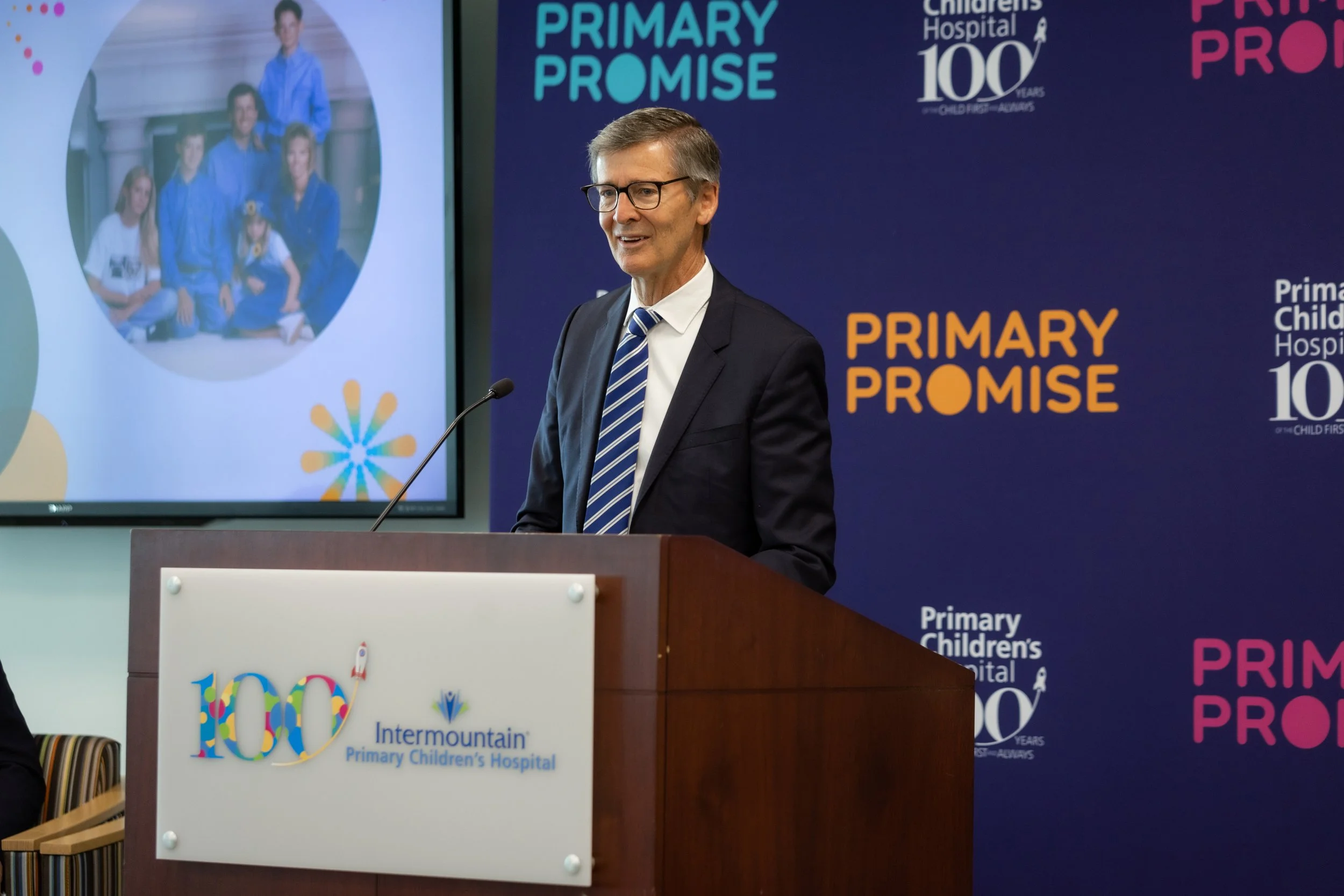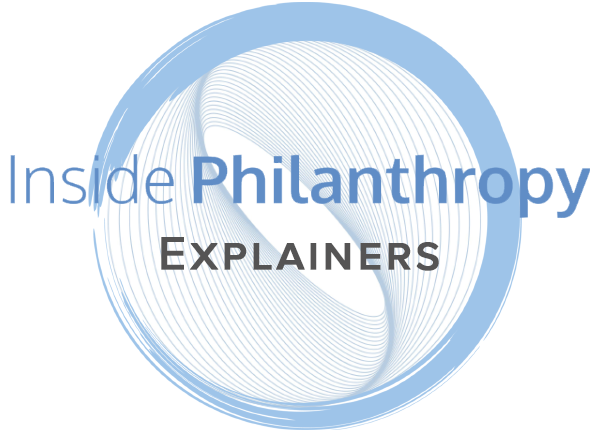Avoid These Grant-Seeking Mistakes: Advice From Foundations and Seasoned Proposal Writers
/patpitchaya/shutterstock
Nonprofits should appreciate just how much competition they’re up against when it comes to getting grants, says John Porter, executive director of the American Grant Writers’ Association. A vast array of charities are competing for a limited pool of money from a finite number of grantmaking entities.
To improve their chances of winning a grant, foundation officers and professional grant writers say charities should avoid making the following mistakes in grant proposals and applications:
Failing to Advance the Grantmaker’s Mission. Know grantmakers and what they care about—read their value and mission statements—and then write grant proposals that show how your organization will move that vision forward.
The Community Memorial Foundation in Hinsdale, Illinois, aims to improve health outcomes of people in Chicago’s western suburbs. “Our foundation does not typically run our own programs,” says Tom Fuechtmann, the foundation’s senior program officer. “So we have to accomplish our vision and mission through [nonprofits] that move our mission forward.”
The foundation, he says, needs to know key facts such as how grant seekers are improving health outcomes for people in western Chicago, what exactly they do to achieve those outcomes, what impacts they expect or have had to date, and other people and organizations in the community they work with.
The problem? “I sometimes need to read grant applications several times to understand these points,” Fuechtmann says.
Using Too Much Jargon. Writing spiked with terminology specific to a particular profession or field of study gets in the way of clear communication in grant proposals, Fuechtmann says. He suggests getting someone outside the grant seeker’s area of expertise to read the grant application to see if it makes sense in plain English.
“Don’t use jargon, don’t use acronyms,” he says. “If I have to Google to understand, that’s a problem. “
“It’s easy for the grantee to forget that not everyone knows the particular language that grantee is using,” says JC Aevaliotis, a program officer with the Polk Bros. Foundation in Chicago, which makes grants in multiple subject areas including education, health, and arts.
It’s not just program officers who must understand a grant application, says Aevaliotis. “We have to translate each application to the board. Clear, concise language is greatly appreciated.”
Treating a Grant Like a Gift. Too many charities, experts say, think of a grant as an outright gift to be used as they see fit, when in reality, it’s a contract with a grantmaking institution that has clear expectations and is investing to achieve certain outcomes. Some grant recipients, for instance, annoy foundation program officers by failing to submit reports and other information the nonprofit organization agreed to provide when it accepted the grant.
Savvy grant recipients, on the other hand, meet their deadlines and keep grantmakers apprised of changes in the organization that could impact the success of a grant, says Fuechtmann. “If the executive director leaves, I would like to know before reading about it in the paper,” he says. “If you have money left over because you didn’t hire someone or didn’t start a program, I want to know that.”
Says Fuechtmann: “We give a grant for a specific program, not to just pay for whatever you want. If you don’t accomplish what we contracted for, we can get the money back unless we decide to extend the grant.”
Even though the foundation has standard language in its grant agreements that it can reclaim funds if charities don’t follow the stated terms, Fuechtmann says it’s not uncommon for grantees to fail in holding up their end of the bargain.
For example, he says, the foundation often includes money for a certain number of hours of consulting or other services related to a grant, and then nonprofit officials spend that money without using the services as agreed. In those cases, the foundation gets its money back, says Fuechtmann.
Failing to Disclose Problems. It’s not just departing executives or leftover grant money grantmakers want to know about: Foundation officers stress the importance of honesty when grant recipients encounter significant problems in achieving what they’d hoped to with a grant.
Larry Jacob, vice president of public affairs at the Ewing Marion Kauffman Foundation in Kansas City, Missouri, says that “having an honest conversation up front is really critical.”
When things aren’t going well with your program, be transparent early on, says Jacob, who was once a grant seeker himself. “I remember when I was a grantee, and that anxiety when I had to discuss problems,” Jacob says. “But if you can be transparent as early as you can be, it can lead to helpful conversations.”
“We try hard to build trust in the relationship with grantees, so when they share with me when things aren’t going well, that shows me we are succeeding,” Jacob adds. “It’s a time when I can help a grantee feel less isolated, because I can share with them what works for others. Be transparent, so we can collaborate in getting you the help you need.”
Budgets That Don’t Support Proposals. At the grant writers’ association, Porter also stresses the need for a strong and realistic budget that matches the narrative of a grant proposal.
“There are two parts to a grant application—text and budget,” he says. “A lot of people think they will be good grant writers because they are good writers, but the budget needs to match the text, or it won’t get funded.” Bottom line? Putting good numbers behind a proposal is just as important as writing a compelling case for support.
“A lot of inexperienced grant writers fill out the application as if it’s a college application. Don’t write it as if it’s a school essay,” adds Porter. “Make your case for why they should fund you. For example, if you’re an organization looking to combat drug addiction, you don’t need to make a case that there’s an opioid crisis in America—we all know that, so that’s a waste of time and space. Say how your nonprofit will address the problem in your particular area, and why that should be funded.”
Proposals That Flout a Grantmaker’s Requirements. Grantmakers “are not a monolithic group,” says Fuechtmann of the Community Memorial Foundation. “It’s important to do your research on the best approach to the particular organization. Some take calls and some require a more formal method of contact; some fund only by invitation.”
Porter of the grant writers’ association agrees. “Probably one-third of foundations do not accept unsolicited applications, and they already know the organizations they will give to,” he says. “On their website, it will clearly state they do not accept unsolicited manuscripts. So it doesn’t matter how well written your application is, they are not going to accept it.”
After telling grant seekers what not to do, Porter offers a parting suggestion for those who become grant recipients: “If you receive a grant from a funder,” he says, “make sure you thank them publicly on your website so you can build your relationship for the next time you apply.”






































